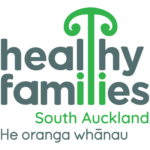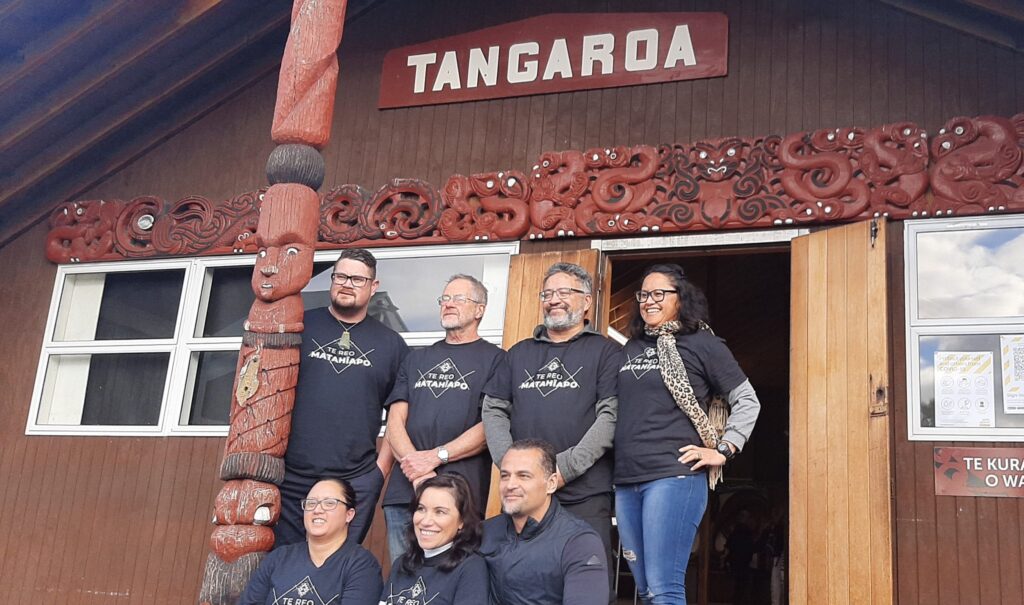
Honouring the role te reo Māori can play in hauora or wellbeing is one of the key focuses at Ngā Whare Waatea Marae in Mangere.
Bernie O’Donnell of Nga Whare Waatea Marae and newly elected Chair of Manukau Urban Māori Authority, says the free weekly Te Reo Matahīapo classes can be the beginning of a healing process for people who have been denied their language and culture.
“A large portion of our community are vulnerable and they struggle with functional identity where there are mixed messages about what it means to be Māori,” says O’Donnell.
“If there is unwellness, it affects our wairua (spiritual health) and tinana (physical health),” he says.
The marae based Te Reo Matahīapo classes are taught at three different language levels each week from beginners (Nga Manu Pipi) to advanced (Nga Manu Rere). This includes weekend wananga and special excursions such as the celebration of Matariki when over 100 people ascended Mangere Mountain (Te Pane o Mataoho) to view the star cluster known as Pleiades.
Te Reo Matahīapo participants are taught everyday, conversational te reo as well as concepts of philosophy, whakataukī (proverbs) and access to the Māori world.
“We are trying to connect urban Māori to their whakapapa (genealogy) through language and reconnect in a proper sense to wellbeing and culture,” says O’Donnell.
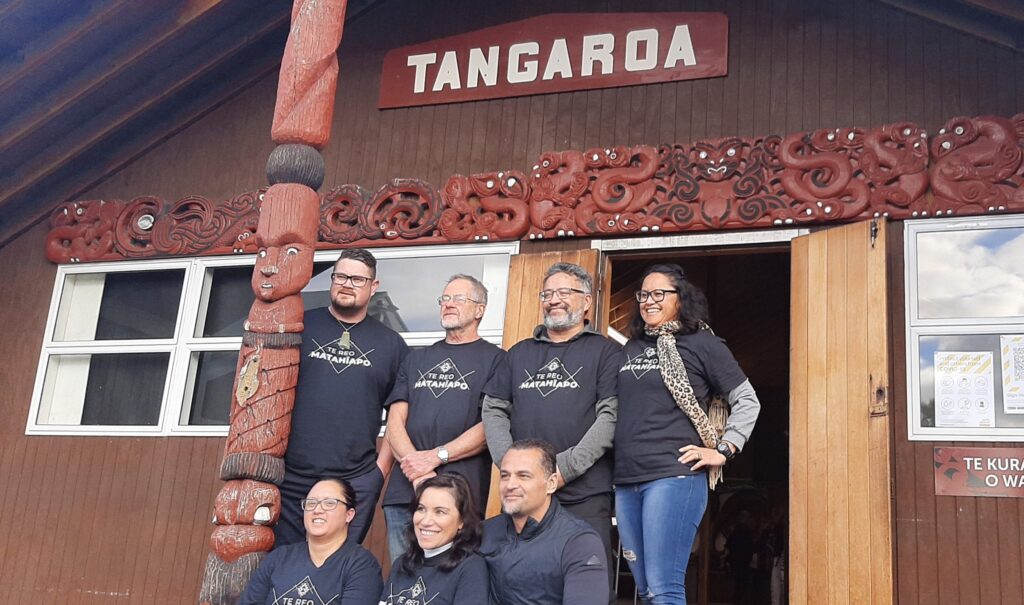
Indigenous Systems Lead at Healthy Families South Auckland Anaru Ah Kew has been building relationships with Māori leadership and mana whenua for five years, one of his functions is to facilitate ‘out-of-the box’ thinking, resulting in health promoting environments.
“Ngā Whare Waatea Marae is a good example of how promoting the use of te reo rangātira, can have a wide reaching effect that strengthens our community,” says Ah Kew.
“I’ve been attending the Nga Manu Rere (advanced) classes which goes beyond the words. The classes enhance whanaungatanga (building respectful relationships) and we learn te reo through holistic, spiritual, relational & environmental Māori concepts of wellbeing.
It’s been great for my personal growth,” Ah Kew adds.
O’Donnell wants to see the use of te reo by Māori and non-Māori continue to grow in South Auckland.
“Te reo Māori needs to be inclusive as it’s good for everybody,” says O’Donnell.
“If you work in the community, ask yourself; Am I fit for purpose? Every man and his dog can draw up a kaupapa Māori framework because it’s convenient. But as stakeholders of a community you have to check your authenticity,” he says.
The Auckland Plan 2050 considers how we will address our key challenges of high population growth, shared prosperity, and environmental degradation. It identifies that crucial to a secure Māori identity is Te Reo Māori. It also notes that supporting marae aspirations in the delivery of cultural programmes is key to self-sustaining communities.
If you, or someone you know is struggling, here’s where you can get help:
- Lifeline – 0800 543 354 or (09) 5222 999 within Auckland
- Youthline – 0800 376 633, free text 234 or email talk@youthline.co.nz or online chat
- Samaritans – 0800 726 666
- Suicide Crisis Helpline – 0508 828 865 (0508 TAUTOKO)
- What’s up – 0800 942 8787 (for 5-18 year olds). Phone counselling is available Monday to Friday, midday–11pm and weekends, 3pm–11pm. Online chat is available 7pm–10pm daily.
- Kidsline – 0800 54 37 54 (0800 kidsline) for young people up to 18 years of age. Open 24/7.
- Anxiety New Zealand – 0800 ANXIETY (0800 269 4389)
- Rural Support Trust – 0800 787 254 (0800 RURAL HELP)
- Supporting Families in Mental Illness – 0800 732 825
